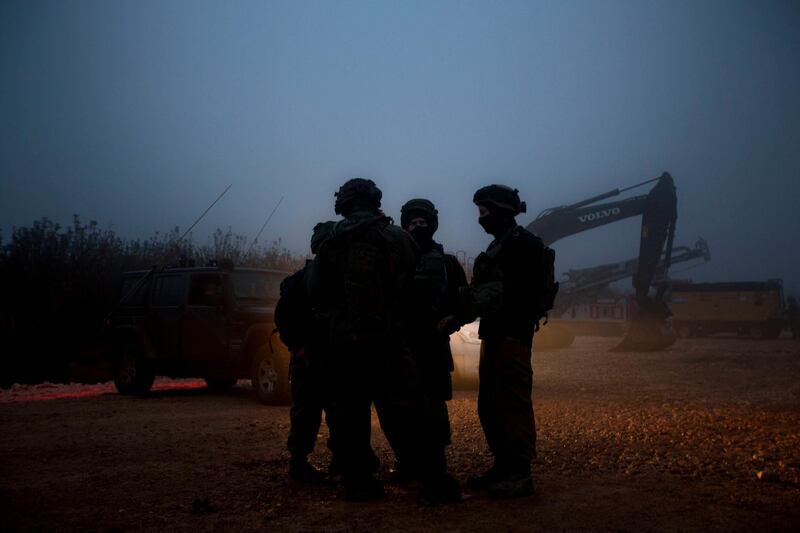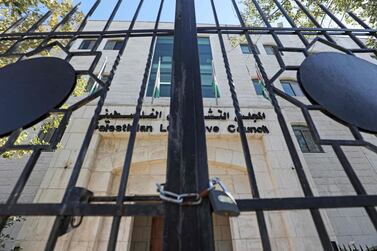Israel's military said it began construction of an underground defence system on Sunday along its northern frontier with Lebanon to protect against cross-border tunnels.
The infrastructure project will identify underground acoustic and seismic activity indicating tunnel digging, accompanied by other defensive measures, said Lt Col Jonathan Conricus, a military spokesman.
Israel destroyed a series of what it said were attack tunnels last year, dug under the border by the Lebanese militant group Hezbollah. The group battled Israel to a stalemate in a month-long war in 2006. Hezbollah is closely allied with Iran, Israel's greatest regional foe, and has vowed to retaliate for America's killing of a top Iranian general in a drone strike earlier this month.
Lt Col Conricus said the construction would all be on the Israeli side of the border and that United Nations peacekeepers along the frontier had been notified.
"What we are doing today is part of a larger plan," he said. "We understand that our activity may be seen and will be heard on the other side and we want to explain what we are we doing and why we are doing it. It is a matter of precaution."
Israel recently gave a warning that Hezbollah had beefed up its presence along the volatile frontier.
Israel and Hezbollah's 2006 war ended in a UN-brokered ceasefire. While direct fighting has been rare since then, there has been occasional violence. The most recent flare-up was in September, when Hezbollah fired a barrage of anti-tank missiles into Israel and Israel responded with artillery fire. There were no casualties on either side.
Israel also has acknowledged carrying out scores of air strikes in neighbouring Syria, many of them believed to have been aimed at Iranian weapons shipments bound for its Hezbollah proxy.
Hezbollah has a battle-tested army that has been fighting alongside the forces of Syrian President Bashar Al Assad in Syria's civil war. Israel believes the group has arsenal of about 130,000 missiles and rockets capable of striking virtually anywhere in Israel. More recently, it has accused the group of trying to import or develop guided missiles.






